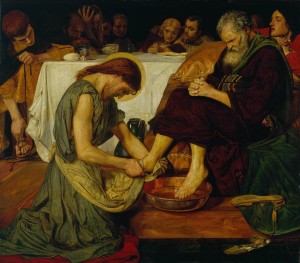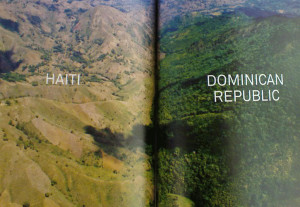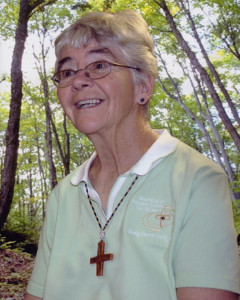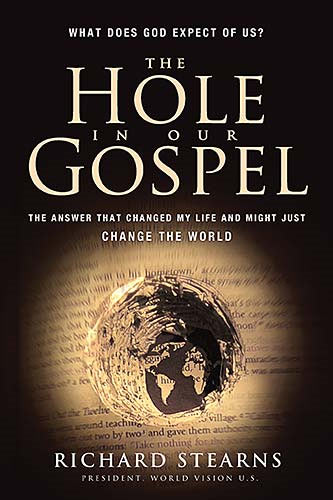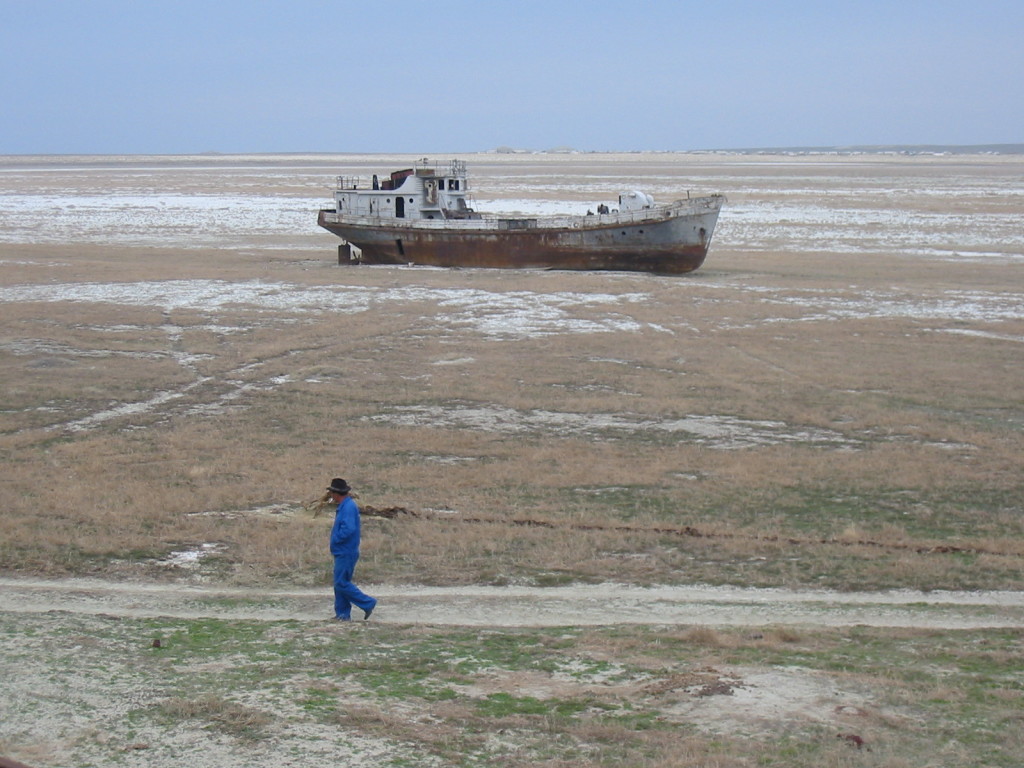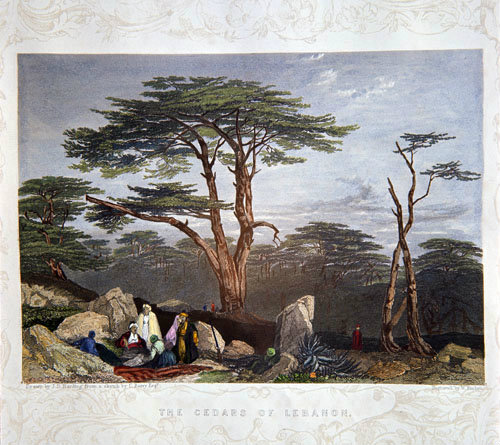I start this holy week blog post with an Easter buffet of quotations that express the joy of this holiday in ways that are meaningful to me and that I hope will be meaningful to you.
Then, because Easter was a day of questions for the disciples and others who loved Jesus, I will close with some questions for you and I to meditate on that relate to how we make our celebration of Easter holy and whole.
God proved His love on the Cross. When Christ hung, and bled, and died, it was God saying to the world, ‘I love you.’ (Billy Graham)
“The point of the resurrection…is that the present bodily life is not valueless just because it will die…What you do with your body in the present matters because God has a great future in store for it…What you do in the present—by painting, preaching, singing, sewing, praying, teaching, building hospitals, digging wells, campaigning for justice, writing poems, caring for the needy, loving your neighbor as yourself—will last into God’s future. These activities are not simply ways of making the present life a little less beastly, a little more bearable, until the day when we leave it behind altogether (as the hymn so mistakenly puts it…). They are part of what we may call building for God’s kingdom.” (N.T. Wright, Surprised by Hope: Rethinking Heaven, the Resurrection, and the Mission of the Church)
The great gift of Easter is hope – Christian hope which makes us have that confidence in God, in his ultimate triumph, and in his goodness and love, which nothing can shake. (Basil Hume)
“Jesus’s resurrection is the beginning of God’s new project not to snatch people away from earth to heaven but to colonize earth with the life of heaven. That, after all, is what the Lord’s Prayer is about.” (N.T. Wright, Surprised by Hope: Rethinking Heaven, the Resurrection, and the Mission of the Church)
Christ the Lord is risen today, Alleluia!
Earth and heaven in chorus say, Alleluia!
Raise your joys and triumphs high, Alleluia!
Sing, ye heavens, and earth reply, Alleluia!
(first verse of “Christ the Lord is Risen Today,” a hymn by Charles Wesley from 1739)
“Made for spirituality, we wallow in introspection. Made for joy, we settle for pleasure. Made for justice, we clamor for vengeance. Made for relationship, we insist on our own way. Made for beauty, we are satisfied with sentiment. But new creation has already begun. The sun has begun to rise. Christians are called to leave behind, in the tomb of Jesus Christ, all that belongs to the brokenness and incompleteness of the present world … That, quite simply, is what it means to be Christian: to follow Jesus Christ into the new world, God’s new world, which he has thrown open before us. (N.T. Wright, Simply Christian: Why Christianity Makes Sense)
And here are the questions. Read them at your own risk! Living out God’s ways in this world can be disruptive.
Do you and I believe Christ’s resurrection is an epic moment that only has significance for people or does it also have meaning for all of Creation, the Creation that Paul writes is “groaning”?
What kind of people does God desire you and I to be? What does the holiness (what I could call “pure goodness”) that comes from being filled with God’s Spirit look like?
Can you and I as Christians be filled with holiness and the fruits of the spirit while simultaneously committing selfish violence against God’s earth and the living creatures of that earth?
Has the food you and I plan to consume on Easter Sunday been raised in ways that are in keeping with the fruits of the spirit and God’s abiding love? Do we honor God by what you and I eat on this day?
In particular, if you and I plan eat meat, what do you and I know of how the people raised the animals from which the meat came? Did the farmer who raised that animal raise it kindly and with consideration to the unique needs and innate characteristics of that animal? Or did it live in deprivation and was it pumped full of chemicals and antibiotics and then slaughtered in a place that is inhumane to the animals and to the workers?
And if our answer to that last question was yes, how do you and I reconcile our choice with the loving, merciful God of Easter that we say we follow and love?
Will you and I open our hearts to the full meaning of Easter and the renewed eternal life God offers us, our neighbors, and all of Creation out of His love?
Will you and I choose to live out God’s love for the whole world on this most holy of days in the food that we choose to eat and the food we will say grace over? Even if that means bucking tradition by not eating meat to make Easter a day of complete peace and grace? Or even if it means putting in the time to find a source of humanely raised meat and paying the true cost of it?
Will we, in other words, make what we eat harmonious with our worship of God and our love of Jesus?
And I end with this final quote from N.T. Wright (obviously a favorite Christian thinker of mine) from his book Simply Christian: Why Christianity Makes Sense.
“That is what worship is all about. It is the glad shout of praise that arises to God the creator and God the rescuer from the creation that recognizes its maker, the creation that acknowledges the triumph of Jesus the Lamb. That is the worship that is going on in heaven, in God’s dimension, all the time. The question we ought to be asking is how best we might join in.”
To imagine all of Creation joining humanity and angels in praising God is an unreal image that I know may strain the credulity of some of my readers. But the beauty and wholeness and holiness of that image is one of the reasons for my faith.
Let us worship God with special joy and fervor this weekend. May you have a blessed Easter.




